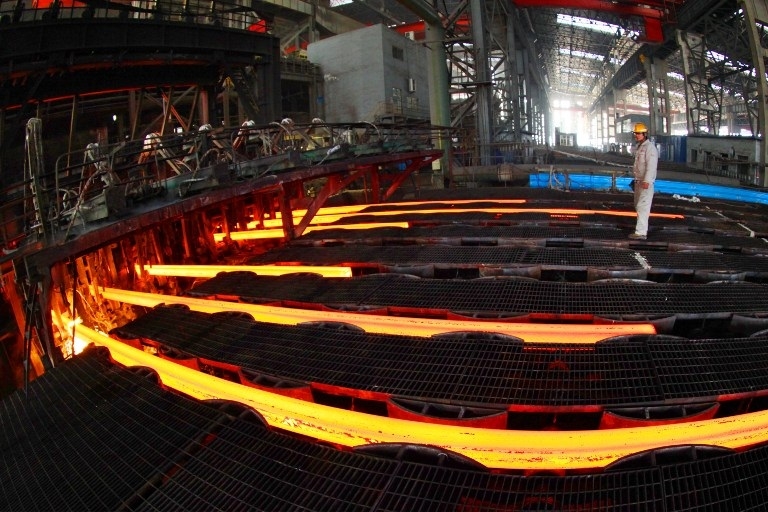
China mineral and metal production to slow down over the coming years
China's raw coal output declined 9.7% y-o-y in 1H.
Chinese metal and mineral production growth will depend more on prices and fundamental and operational factors than announced government reform targets over the coming years, said BMI Research.
Overall, the research firm expects mineral and metal production growth in China to slow over the coming years compared to the last five years.
"Domestic environment-driven consolidation efforts by the government will remain more effective than consolidation efforts intended to reduce global oversupplies," it said,
Here's more from BMI:
Chinese authorities have made repeated announcements since 2015 calling for a consolidation in some domestic mining and metals sectors.
So far in 2016, in the refined metals industry, production cuts appear to have occurred in the nickel, lead and zinc sectors owing to domestic environment-driven government consolidation for lead and nickel and depleting ore reserves for zinc.
Despite the announced government consolidation intent to cut capacity in the globally oversupplied steel and aluminium sectors, production in 2016 so far has kept on growing, supported by the increases in prices seen in H116.
In the mining industry, there have been production cuts in the copper ore, iron ore, lead ore, nickel ore, and bauxite sectors, mainly due to low prices and domestic environment-driven consolidation.
Of all oversupplied sectors, the government has had most success in consolidating the coal mining industry.
Coal has registered the largest declines in production growth in 2016 due to a combination of low domestic prices and the government's desire to curb overcapacity in the industry. According to the National Bureau of Statistics, China's raw coal output declined 9.7% y-o-y in H116.
In fact, it appears that the industry has contracted at a more rapid pace than we originally anticipated, resulting in thermal coal imports surging since May 2016 and causing prices to rally .
























 Advertise
Advertise






